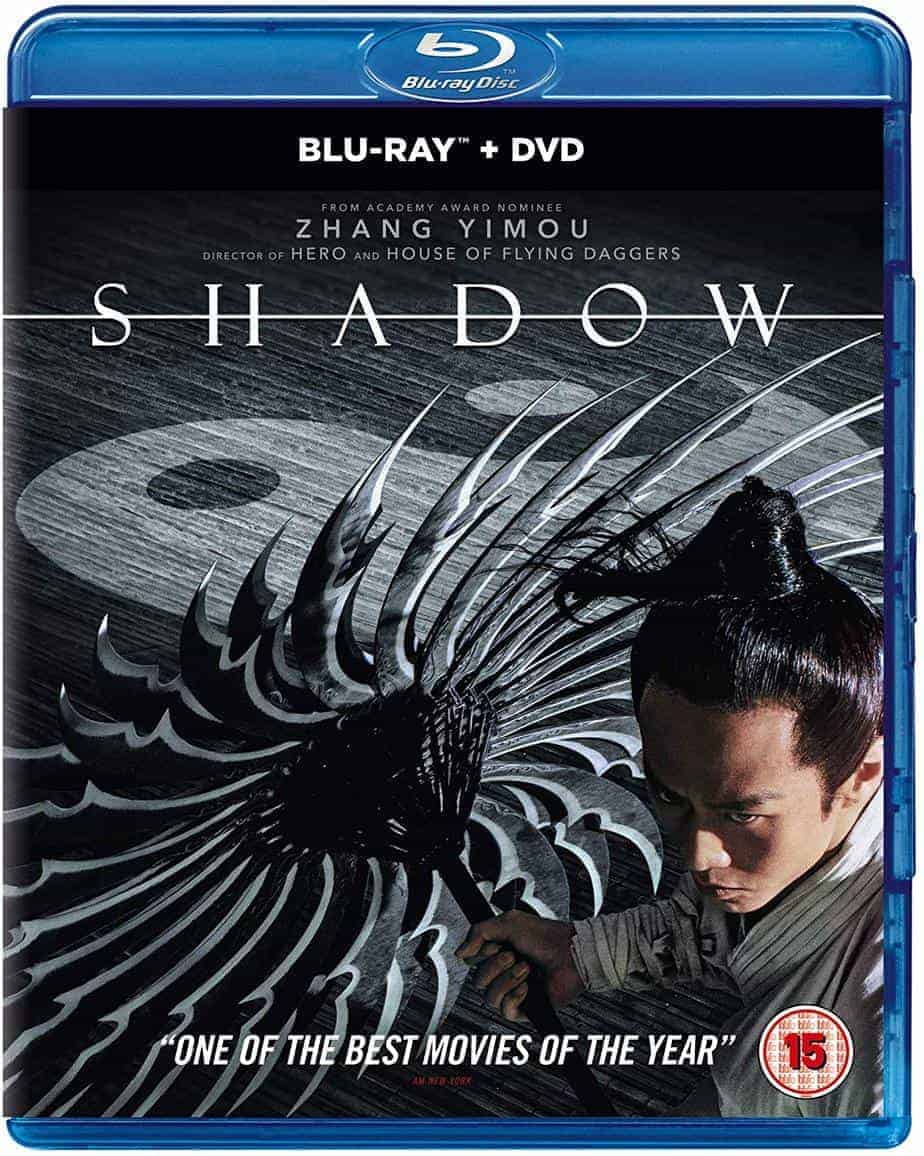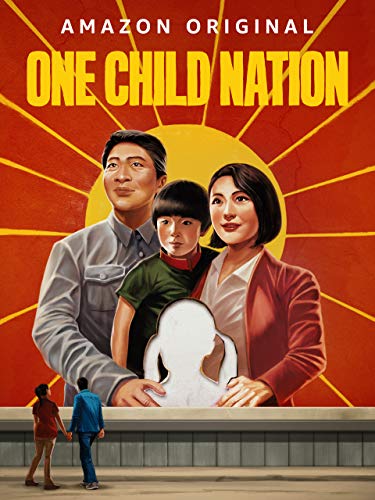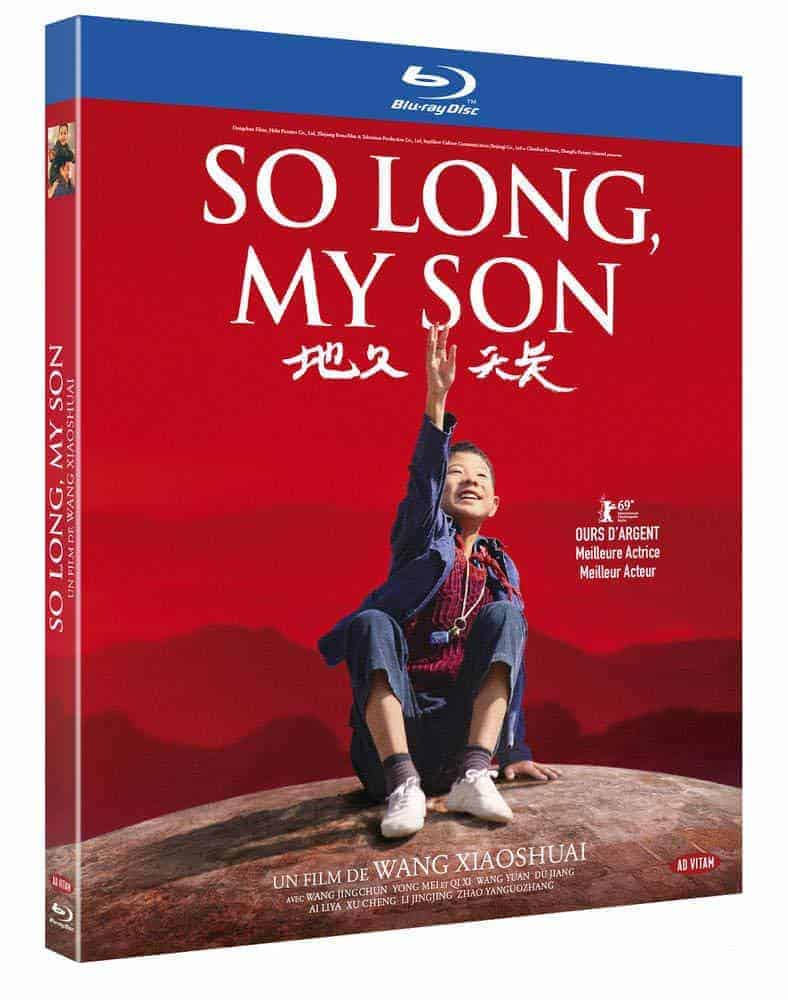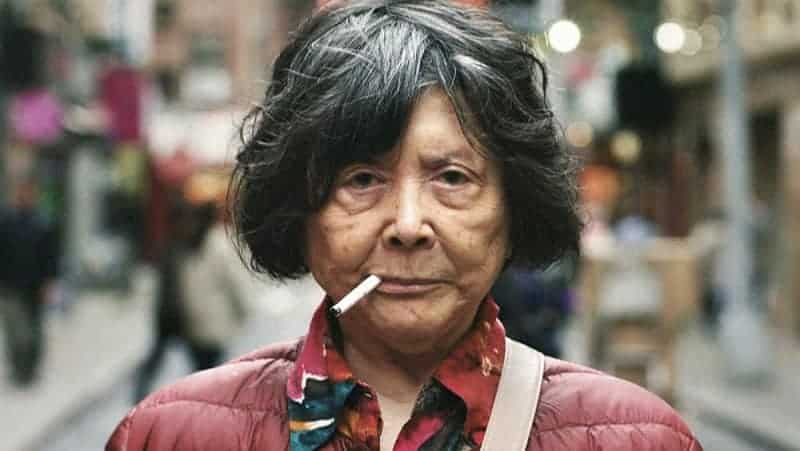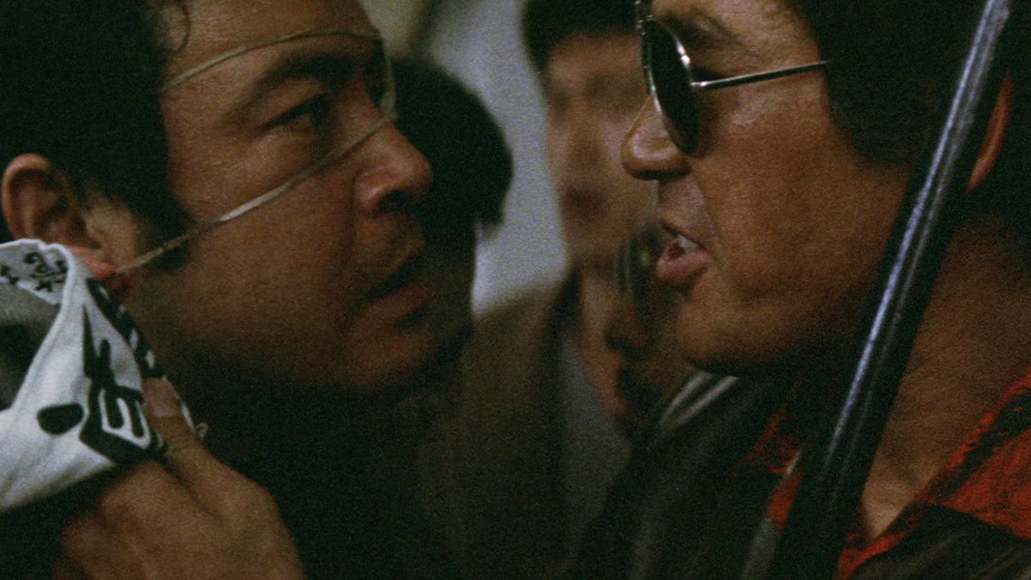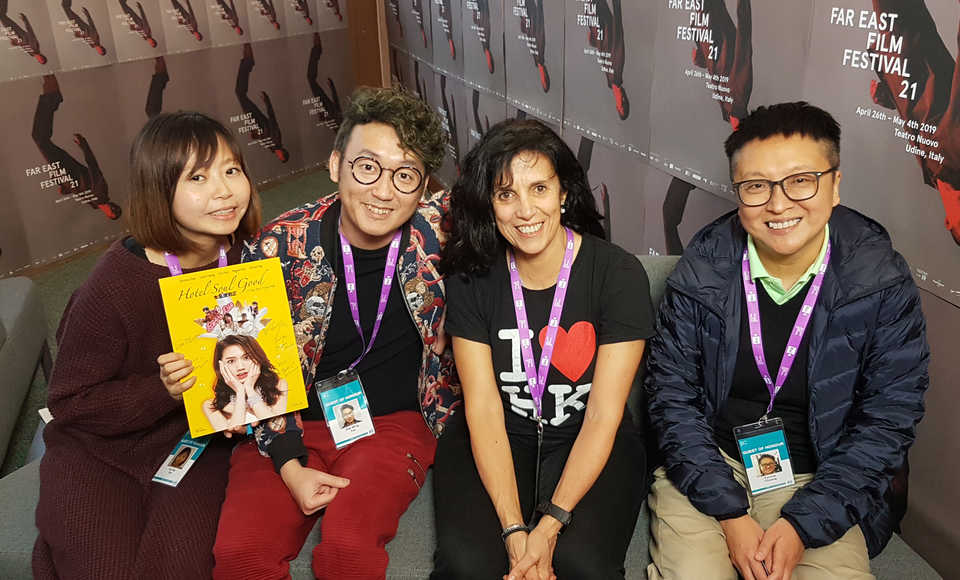10. Present. Perfect (Zhu Shengze)
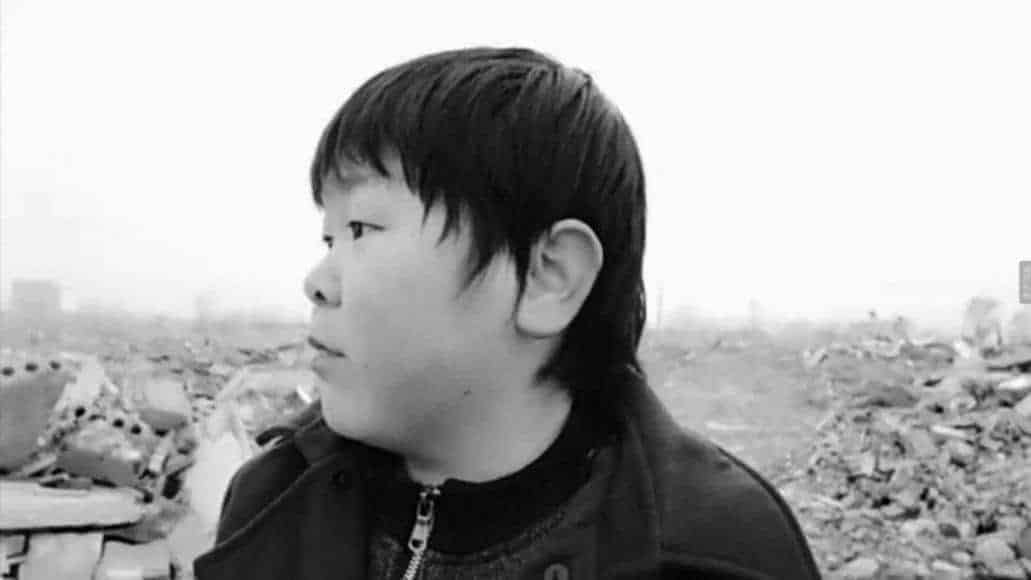

“Present.Perfect” with its slow approach to its themes unquestioningly demand a patient, attentive viewer. It is a film which ultimately rewards those willing to make that investment with a revealing insight into today's China, its people and their crave for express and communicate through modern media. Considering these ideas it is also an appeal to the viewer to engage in this search for meaning, for the “real” China behind these images. (Rouven Linnarz)
9. The Wild Goose Lake (Diao Yinan)
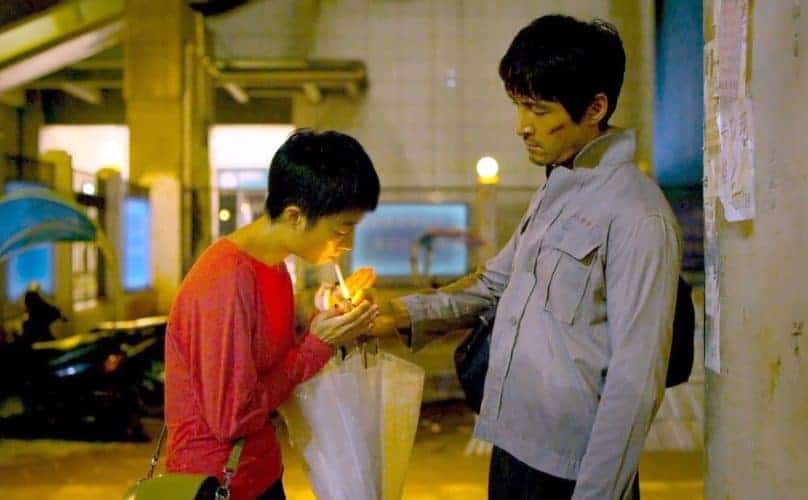
Director Diao, who previously worked as a screenwriter for Zhang Yang (“Shower” 1999) and furthermore acted in Jia Zhangke's “Ash is Purest White” (2018), has finally arrived in the Chinese World Cinema. “The Wild Goose Lake” lives up to the expectations that popped up after the big success of “Black Coal, Thin Ice” in 2014 and proves the filmmaker's talent. Being part of the Cannes competition this year, Yinan's work is ready for the international stage and will surely find its well-deserved recognition around the world. (Alexander Knoth)
8. Nina Wu (Midi Z)
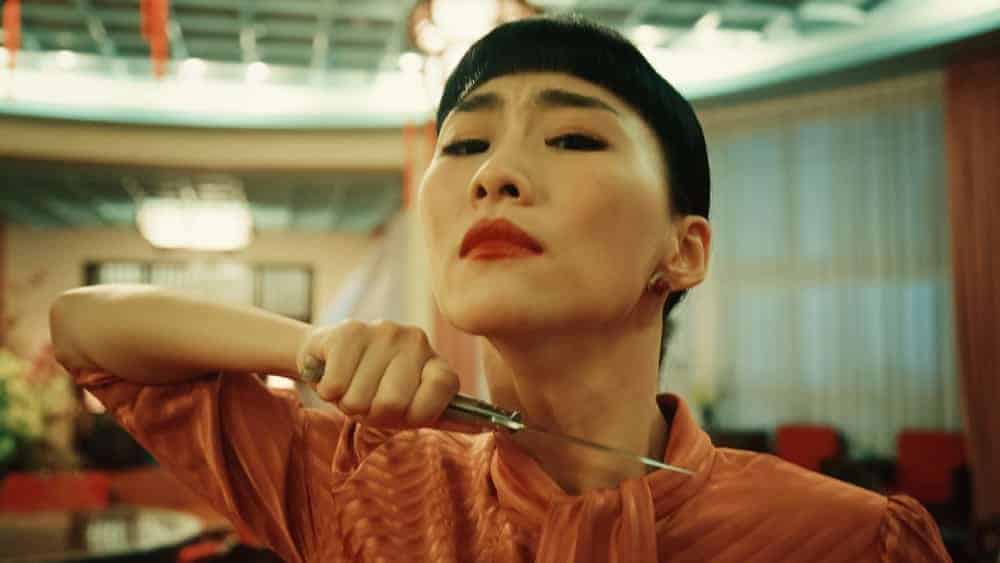
Midi Z has established himself as one of the most unique and original voices of Sinophone cinema. “Nina Wu” however, which was written mostly by the protagonist Wu Ke-xi who was inspired by her own experiences in the industry, the Harvey Weinstein scandal and the #MeToo movement, is his most impressive, (and most accessible) by far. Some faults in the narrative do exist […] but those are details and the end result is impressive, both contextually and visually. (Panos Kotzathanasis)
7. Send me to the Clouds (Teng Congcong)
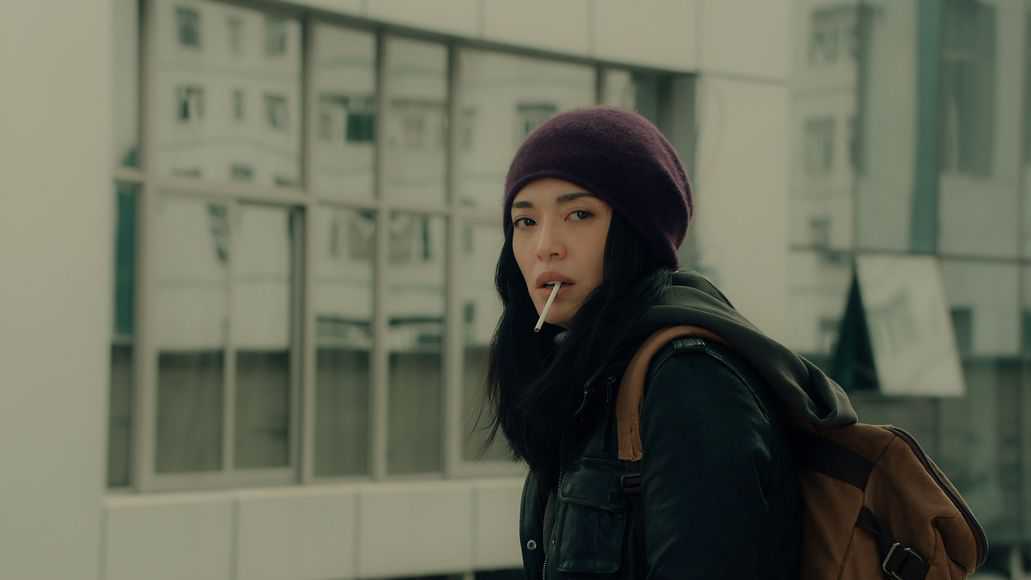
China's decades-long One Child Policy gave birth to a generation of females lost in their identity, girls raised as the boys that their parents hoped for, who had to compete with their counterpart males at every step of the way. Director Teng Congcong's debut film “Send Me to the Clouds” takes a look at the story of one such woman in an effectively subtle yet humorous manner. “Send Me to the Clouds” is a very mature, entertaining and important film that has some astute ideas and commentary on women's place in modern Chinese society and certainly pulls no punches in getting them across. (Rhythm Zaveri)
Buy This Title
6. The Fourth Wall (Zhang Chong and Zhang Bo)
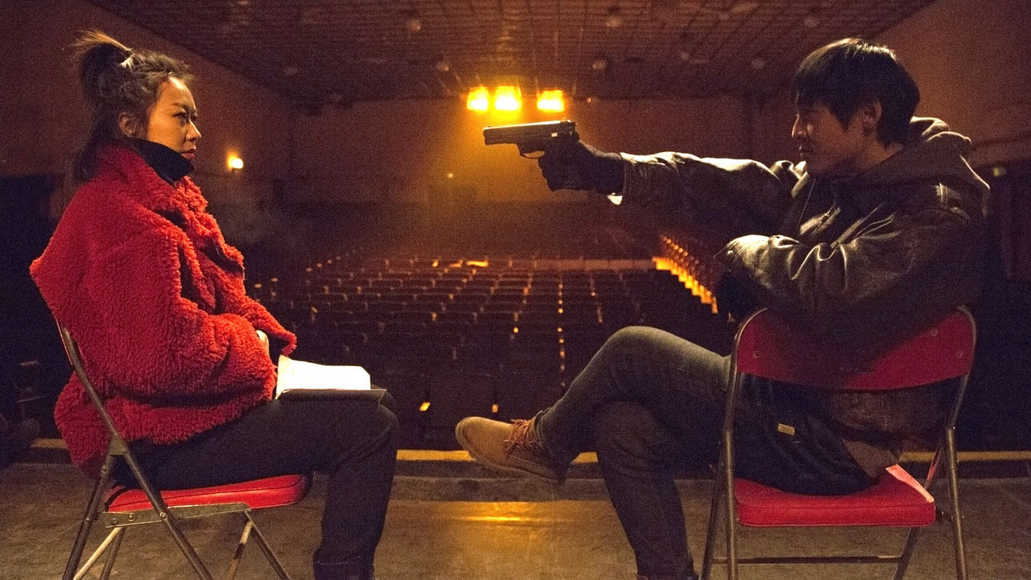
Almost a stage a play, “The Fourth Wall” is proof that a small budget, two locations and two accomplished actors can do wonders with a clever and original script. With its recurrent theme of theatre and performance the film is a compelling metaphor of life as a stage, and the script is rich in symbols and double-entendre, making the film a touching allegorical representation not only of Liu's depression and mental disorder, but also of her cathartic healing process. It is, in my opinion, one of this year's “must-see” Chinese works. (Adriana Rosati)
5. One Child Nation (Wang Nanfu and Zhang Jialing)
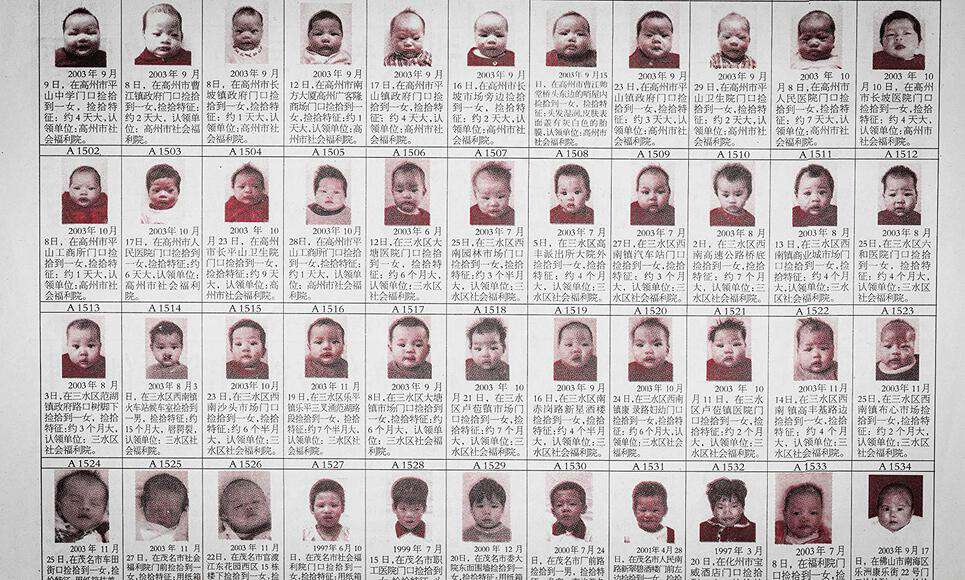
The ethics of the film is simply spot-on, as Wang knows exactly which role(s) she plays in particular segments: she is always a filmmaker, but also a reporter, a sympathetic ear, a curious, but non-judgemental intelligent person that dares to challenge the dogmas of the past and the present. Therefore “One Child Nation” is a good, informative documentary that is very easy to follow and that will certainly leave the mark on the viewer without ever going for over the top sentimentality and unnecessary pathos. (Marko Stojiljković)
Buy This Title
4. Öndög (Wang Quan'an)
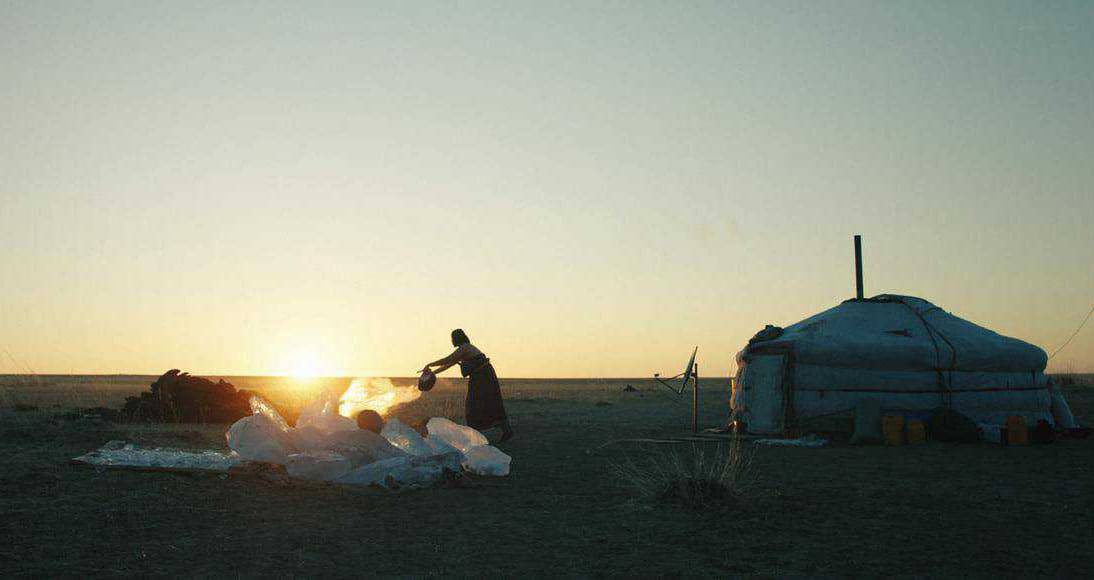
For some of us, the lack of narrative might be frustrating and at first sight “Öndög” might seem to be mostly, extremely pretty pictures. However, there is more than meets the eye. I found “Öndög” to be a very philosophical film that shows that questions about finding a balance and purpose in life are universal. A film that is on top of that is a sight for sore eyes that deserves to be seen on the big screen. (Nancy Fornoville)
3. Balloon (Pema Tseden)

The trick with “Balloon” is that, like all the things that come from a strongly traditional culture, it has to be taken as it is. Pema Tseden is still on the virginal territory of inventing a film language that works in Tibetan surroundings and can treat a number of subjects, both philosophical and mundane. In the end, “Balloon” is a rewarding film and a step in Pema's career to another masterpiece after “Jinpa”. (Marko Stojiljković)
2. So Long, My Son (Wang Xiaoshui)
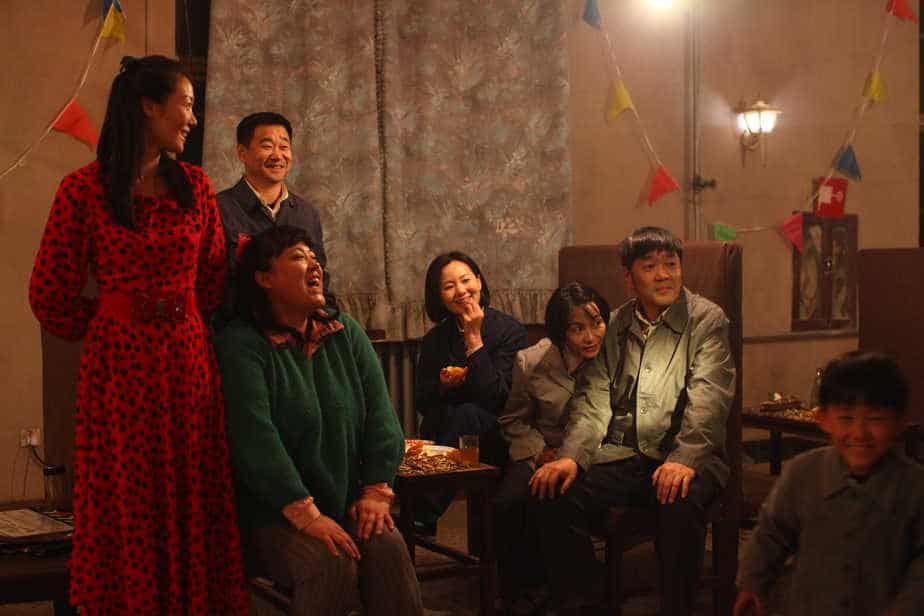
Ambition, guilt and shame is something Wang deals with, while the wheel of history and politics stays always in the background. That is the principal reason for the non-linear structure which makes the film hard to follow in the beginning, while it pays off in the end, with a rare example of an earnest, non-sappy happy ending in the recent film history. […] In the end, the mathematics is pretty simple: the viewers who remain patient for the first hour of the film will be rewarded in the end with a subtle and detailed piece that shows Wang Xiaoshui is close to the top of his game. (Marko Stojiljković)
Buy This Title
1. Shadow (Zhang Yimou)

Zhang Yimou directs a wuxia that follows the “other rules” of the genre, as dictated by King Hu, particularly in films like “A Touch of Zen” and “Dragon Inn”. Firstly, the script does not exist solely to provide a background for the action, but is elaborately written and includes interwoven stories, conspiracies, treacheries, and in-depth analysis of the characters and the circumstances of the era. […] Not much more to say, “Shadow” is one of the greatest wuxia films of all time, an audiovisual poem and overall, a true masterpiece.
Buy This Title
